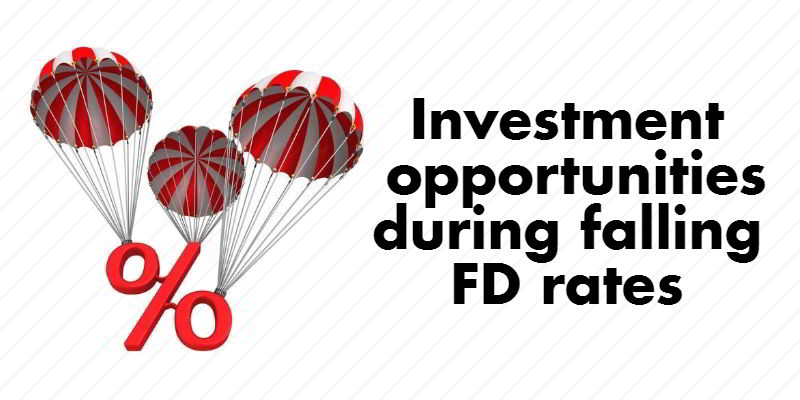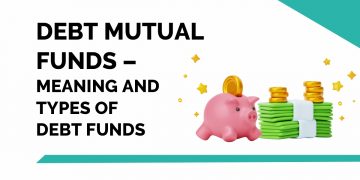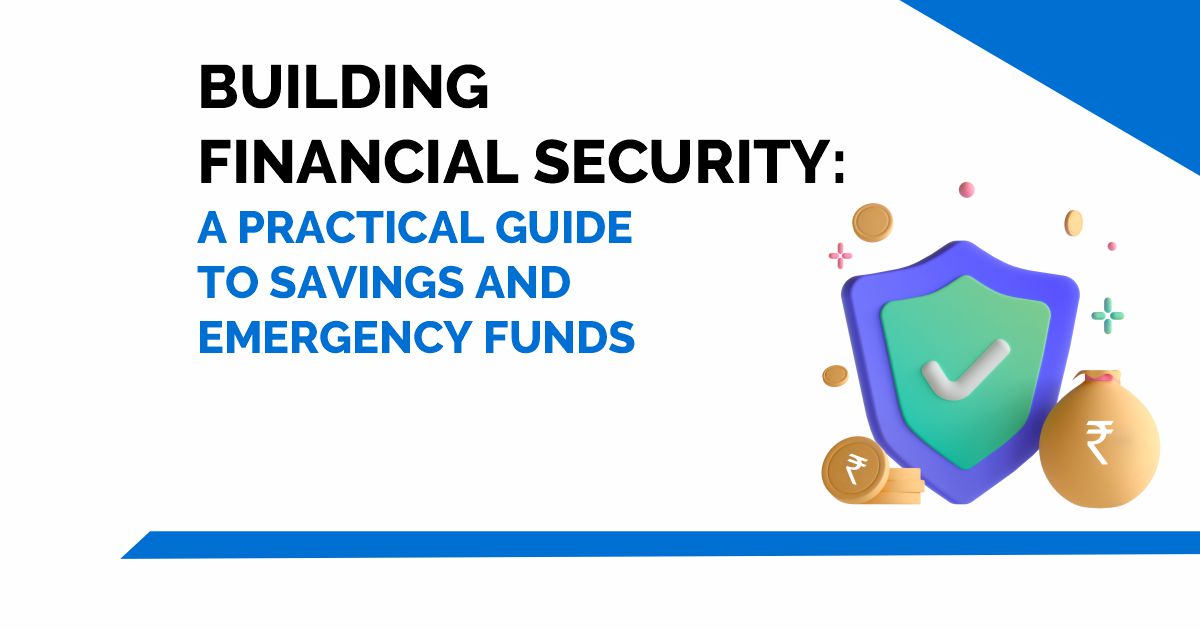If you have been an avid investor and living off on fixed deposit interest income, then you are surely thinking where to make a fresh allocation in the wake of low-interest rates offered by banks on fixed deposits.
Due to demonitization, Banks are flooded with deposits and the credit off-take has recently hit the lowest level in the last decade.
As per the data from RBI, credit growth for the fortnight ended on March 03, 2017 stood at a mere 4.1% — indicating that there’s still a risk-averseness on the part of banks, and even corporations are shying away from borrowing big-ticket loans.
Many of them are finding it difficult to service the existing debt.
This further reduces the possibility of any revival in the credit growth.
As a result, banks are reluctant to raise fresh deposits until the borrowing activities pick up momentum.
So, in FY 2017-18, interest rates on deposits are likely to stay under pressure.
Small Savings Schemes (SSS) has just got smaller.
The government has recently reduced interest rates on SSS such as Public Provident Fund (PPF), Senior Citizen Saving Scheme and Sukanya Samriddhi Yojana by 10 bps (basis points), thus adding more to your agony.
Investors need to diversify their fixed-income basket so that their portfolio return doesn’t take a hit.
Where you should invest in present scenario?
Your investment preferences should be guided by your financial goals and aligned with your risk appetite. Therefore, revisit your asset allocation plan if required and rebalance your portfolio if needed.
- Liquid funds (for risk-averse investors with an investment horizon of less than 6 months)-These funds invest in highly rated very short-term debt papers maturing in less than 90 days.
- Ultra-short-term funds (for risk-averse investors with an investment horizon of 3-6 months) These funds invest in highly rated very short-term debt papers maturing in 1 year.]
To choose which funds you should invest in, download Kredent Money App
- Short-term funds (for moderate risk takers with an investment horizon of 2-3 years) – These funds invest in highly rated very short-term debt papers maturing in more than 1 year.
- Non-convertible debentures (NCDs) (for moderate risk takers with an investment horizon of 2-3 years) – look for NCDs offering attractive rates of return. Before investing, take a look at the company’s financials (whether it is growing) and its balance sheet (avoid heavily indebted players). Avoid NCDs that are rated lower than Double-A.
Also Read: Guide to Non-Convertible Debentures (NCDs)
- Monthly Income Plans (MIPs) (for moderate risk takers with an investment horizon of 2-3 years) – MIPs invest in both equity and debt in a pre-determined ratio where tilt is towards debt.
- Dynamic bond funds (for moderate risk takers with an investment horizon of at least 3 years)- herein, the fund manager invests only in debt papers but has the freedom to buy short or long duration papers depending on his view of interest rates in the economy.
- Balanced Funds ( for high-risk takers and an investment horizon of at least 3-5 years)
These funds invest in both equity and debt in a pre-determined ratio wherein tilt is towards equity. - Tax-free bonds These are now available on the secondary market .Their IPOs usually hit the markets when select companies get permission from the Govt of India to raise money from public. They are well suited for investors in a higher tax bracket. However, they have a long tenure of 10 to 20 years.Buy from the secondary market if your advisor or you can correctly calculate their yield to maturity (the return you will earn by holding until maturity). Mind you that liquidity can be an issue in the secondary market although interest received is tax-free.
Also Read: Do you Know the Relation between Bond Price and Yield?
- Fixed Maturity Plans (FMPs) These are another popular alternative. FMPs can give you returns 50 to 100 basis points higher than bank FDs of a similar tenure. Since an investor holds these funds till maturity, he can avoid interest-rate related volatility.However, they have a couple of disadvantages. When you have surplus money, an FMP should be available whose tenure matches your investment horizon. Also, you don’t know how risky the FMP will be, since there is no portfolio that you can evaluate prior to investing.
Check out the Wealth Management course for better understanding.
Bottomline:
Compared to bank FDs, the above-mentioned investment avenues are also tax efficient.
And never forget, you should always look at the inflation-adjusted returns, so as long as they are positive, you shouldn’t bother about nominal interest rates.
If you need hand-holding as you walk on the path to invest or rebalancing your portfolio, don’t hesitate to seek the assistance of a Certified Financial Planner (CFP), who is a mark of knowledge and trust.
A Certified Financial Planner (CFP) acts as a GPS for your financial life and helps you face the headwinds of low-interest rates, changing economic conditions as well as take advantage of tailwinds like rising equity markets in a planned manner.









The presentation is very simple and easy to understand. The Learners will definitely give thought on this and make their investments for wealth creation.
It was very useful for me. Keep sharing such ideas in the future as well. This was actually what I was looking for, and I am glad to came here! Thanks for sharing the such information with us.
Invest in Private sector such as NBFCs they are provide better rate of interest in-comparison of Banks Bajaj Finance is one of them
This internet site is my intake, very great design and perfect content.